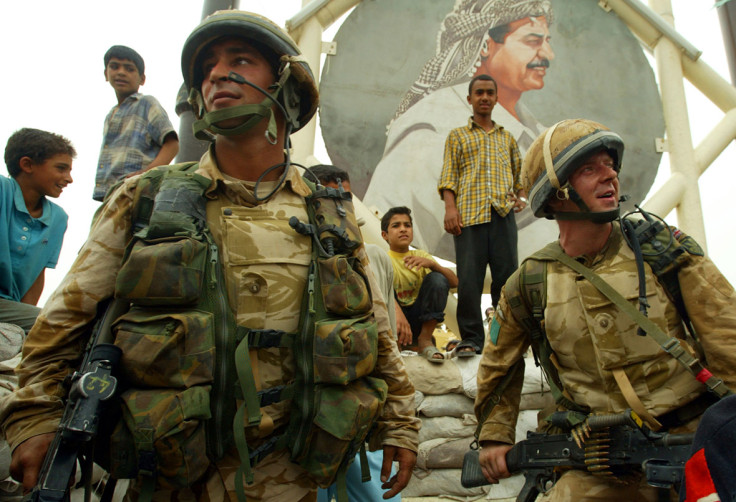Veteran charities accused of 'exaggerating' combat stress to raise funds
Chief executive of Walking with the Wounded says PTSD is being used to get money.

The levels of post-traumatic stress disorder among veterans is being exaggerated to raise funds for military charities in a way that is getting "out of hand", the chief executive of Walking with the Wounded has said.
Since the end of conflicts in Iraq and Afghanistan which British troops had taken part in, charities are no longer using images of soldiers with injuries to raise funds and are instead relying on PTSD to spur people to donate, the chief executive of Walking with the Wounded Ed Parker has said.
Around six per cent of military personnel suffer from PTSD a figure that is similar to the that of the general population.
Parker told The Times that although PTSD was serious and required treatment, the focus on it had given "kudos" to the condition and put it equal to those who had lost a limb.
"You are always going to slightly sensationalise how you fundraise. You do that with a Mars advert or buying a McDonald's. You are always going to make it look better than it actually is, or more enticing.
"We have got to be more interesting than [the charity] Combat Stress, which has got to be more interesting than Help for Heroes because we are all fishing in the same pot.
"Maybe you could say I am being a bit naive as to how we market ourselves. But I worry that . . . the bare facts are beginning to be lost."
Walking with the Wounded supports 650 veterans and runs expeditions with Prince Harry who is its most high profile supporter. The charity helps ex-military find jobs, training and mental health care.
Parker said come veterans wanted to be given a diagnosis of PTSD "because it sits alongside being an amputee".
"It is a terribly uncomfortable conversation to have and it is one I have had with people. But to be blunt, it's reality and it's a problem that we [the charity sector] are making", he told The Times.
© Copyright IBTimes 2025. All rights reserved.






















